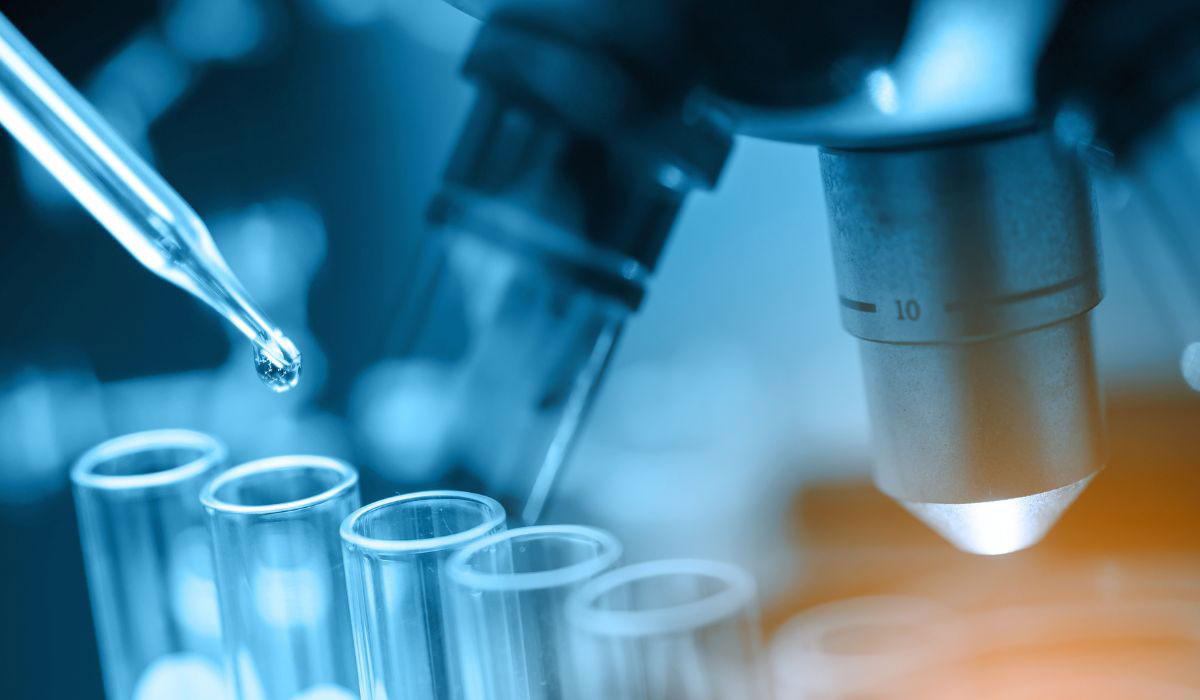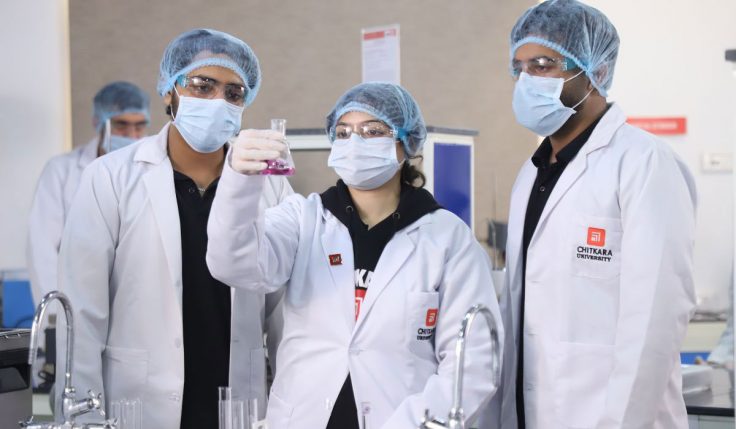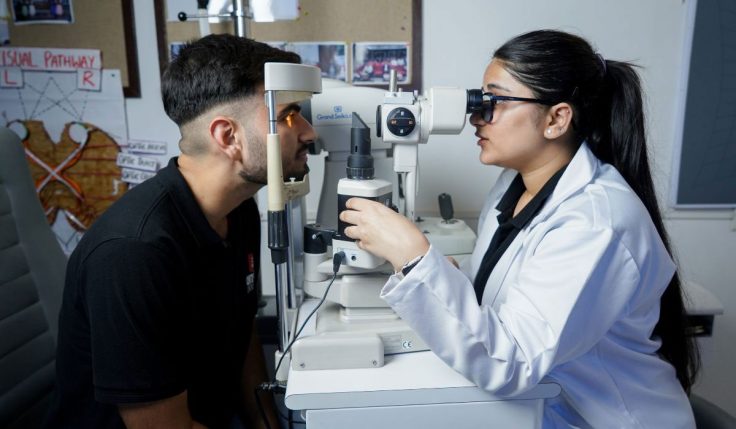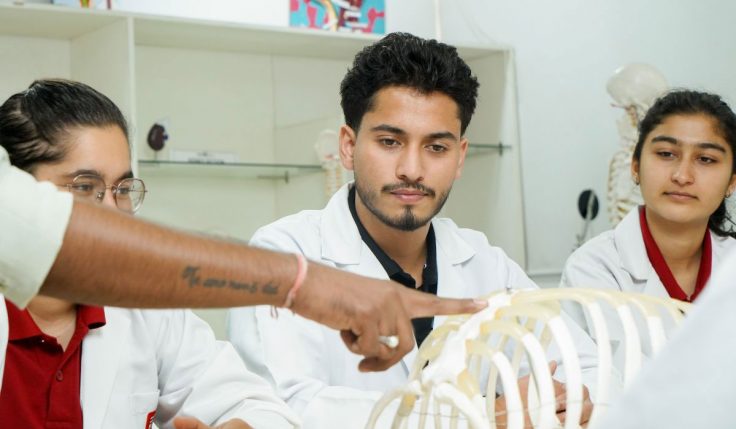The breakthrough within reproductive medicine and the revolutionary area of clinical embryology over the last few decades play an elucidating and decisive part. The detailed mechanisms by which life begins, from the very molecular details of fertilization, to the development of a viable embryo and the potential to develop into a healthy child, this is the focus of the field of biology. Clinical embryology is the applied science with regard to ART. The absolutely amazing process from fertilization to the early development of the embryo is exactly what this blog is going to be all about. We’re going to be looking at the educational avenues and, in so doing, how they prepare people for this fulfilling vocation, especially the MSc in Clinical Embryology.
Explaining Clinical Embryology
“Clinical embryology” belongs to one of the specialist areas in biology, with a concentration on investigation and application linked to embryology in therapeutic ways. It involves scientific application by putting into application related sciences with theoretical inputs, mainly applied to human reproduction. Embryologists can assist couples seeking to bear a child and help them through this tough moment of understanding and comprehending the very early stages of human embryo development if they are faced with genetic problems or infertility.
An embryologist is a professional who is trained for years while working in the reproductive clinics and labs. They handle gametes, assist in fertilization, and track the pre-transfer development of the embryo using advanced tools and methods.
The Role of Clinical Embryologists
Clinical embryologists perform various essential tasks, including:
Gamete Handling:
- Collecting, assessing, and preparing sperm and eggs for fertilization.
- Ensuring that the gametes are of optimal quality and handled under ideal conditions.
In Vitro Fertilization (IVF):
- Combining eggs and sperm in a controlled laboratory environment to achieve fertilization.
- Monitoring and facilitating the development of embryos in vitro (outside the body).
Embryo Culture and Transfer:
- Culturing embryos to a specific stage before transferring them to the patient’s uterus.
- Selecting the best quality embryos for transfer to maximize the chances of a successful pregnancy.
Cryopreservation:
- Freezing and storing gametes and embryos for future use.
- Thawing and preparing frozen samples for use in subsequent treatment cycles.
Genetic Screening:
- Performing preimplantation genetic testing (PGT) to identify genetic disorders and chromosomal abnormalities in embryos.
- Selecting genetically healthy embryos for transfer.
The Science Behind Fertilization and Early Embryo Development
Fertilization is the process where a sperm cell fuses with an egg cell to form a zygote. This single-celled zygote then undergoes rapid cell division, resulting in the formation of a multicellular embryo. The early stages of embryo development are critical, and embryologists must closely monitor progression to ensure optimum conditions for growth.
Fertilization:
- Typically occurs in the fallopian tubes within the female reproductive system.
- Can be mimicked in a laboratory setting through IVF, where sperm and eggs are mixed together or via intracytoplasmic sperm injection (ICSI), where a single sperm is injected directly into an egg.
Cleavage:
- The zygote divides to form a multicellular structure called a blastocyst, typically over 5-6 days.
- The blastocyst comprises two layers: an outer layer (trophoblast) which later forms the placenta, and an inner cell mass (ICM) which develops into the fetus.
Implantation:
- The blastocyst attaches and embeds itself into the uterine lining, beginning the process of forming a new life.
- Proper implantation is necessary for a successful pregnancy.
Pursuing a Career in Clinical Embryology: MSc in Clinical Embryology
For those interested in a career in clinical embryology, an MSc in Clinical Embryology offers a comprehensive educational pathway. This specialized postgraduate program is designed to equip students with both the theoretical knowledge and practical skills needed to thrive in this field. Here are some key aspects of the MSc in Clinical Embryology:
Curriculum:
- Covers fundamental topics such as reproductive biology, embryology, and ART.
- Includes advanced modules on genetic testing, embryo culture techniques, and cryopreservation.
Hands-on Training:
- Provides extensive laboratory training to master the techniques used in fertility clinics.
- Offers opportunities to engage with real-world cases and use cutting-edge technologies.
Research and Innovation:
- Encourages students to undertake research projects that contribute to the advancement of reproductive medicine.
- Prepares students to push the boundaries of current knowledge and technology in clinical embryology.
Career Prospects:
- Graduates can pursue careers as clinical embryologists, laboratory managers, and researchers in fertility clinics and reproductive health institutions.
- Opens doors to positions in academic institutions and biotechnology companies focusing on reproductive health.
Innovations and Advances in Clinical Embryology
The field of clinical embryology has seen numerous technological advancements, making assisted reproductive technologies more effective and accessible. Some notable innovations include:
Time-lapse Imaging:
- Allows continuous monitoring of embryo development without disturbing the culture environment.
- Provides critical insights into embryo viability and development patterns.
Artificial Intelligence (AI):
- AI algorithms can analyze thousands of embryo images to predict the best candidates for transfer.
- Enhances the accuracy and reliability of embryo selection.
Non-invasive Genetic Testing:
- New techniques enable the genetic screening of embryos without compromising their integrity.
- Improves the safety and success rates of PGT.
This, in a nutshell, makes clinical embryology one of the most important disciplines in the field of reproductive medicine, giving hope and solutions to countless childless couples. Embryologists substantially contribute to the occurrence of life’s first miracles by interlacing rigorous scientific study, state-of-the-art technology, and compassionate patient care. The obvious advantages of an MSc in Clinical Embryology are that a student will have a good grasp of this fascinating subject and the next generation of experts will be made available for further developments in this field. Further developments are foreseen in this area in the not-too-distant future that will change the availability of reproductive treatments, thereby enabling parenthood for even more people/couples. Understanding what an embryologist is and the various ways to pursue this most exciting and rewarding career will give clarity and confidence while seeking alternatives to treatment or looking for work in this field.
MSc in Clinical Embryology at Chitkara University
Chitkara University offers a two-year MSc in Clinical Embryology, a more resource-intensive and comprehensive program that would help students launch rewarding careers in this field. The program is spread across four semesters, comprising a rigorous curriculum in clinical, theoretical, and practical training in assisted reproductive technologies. The industry connections are very strong, so students get practical experience through a six-month internship, which helps in getting them placed in some of the most esteemed hospitals in the country.
The Program requires applicants at the Bachelor’s level to hold a B.Sc. in Life Sciences, Biology, Pharmacy, or any other relevant field with aggregate marks of at least 50%. The MSc program has strong emphasis on professional responsibility, industry participation, and ethical values in collaboration with Neelam Hospital in Punjab. Students participate in workshops, seminars, and conferences alongside professionals to ensure that they are knowledgeable about the theoretical and applied aspects of clinical embryology.
Also, read this blog post: Exploring the World of Clinical Embryology
Clinical Training at Neelam Hospital
One of the most outstanding 150-bed super specialty, NABH accredited hospitals, Neelam Hospital offers an excellent setting for clinical training. A state-of-the-art IVF lab and a competent team of specialists ensure that students get excellent training at par with global standards. Chitkara University’s MSc in Clinical Embryology program gives the skill set to the students of being successful Embryologists who will help many people and couples realize their dream of becoming parents.






